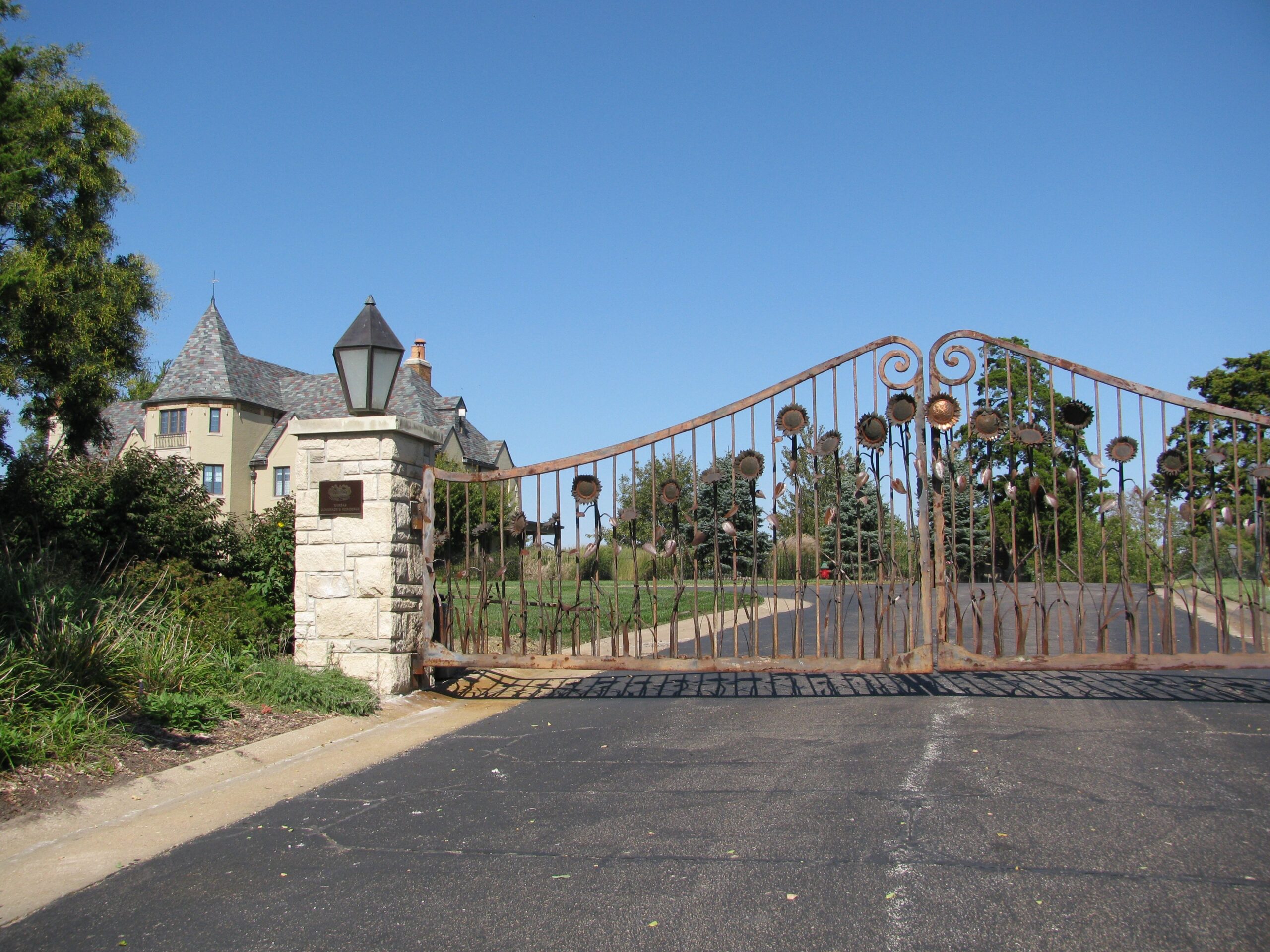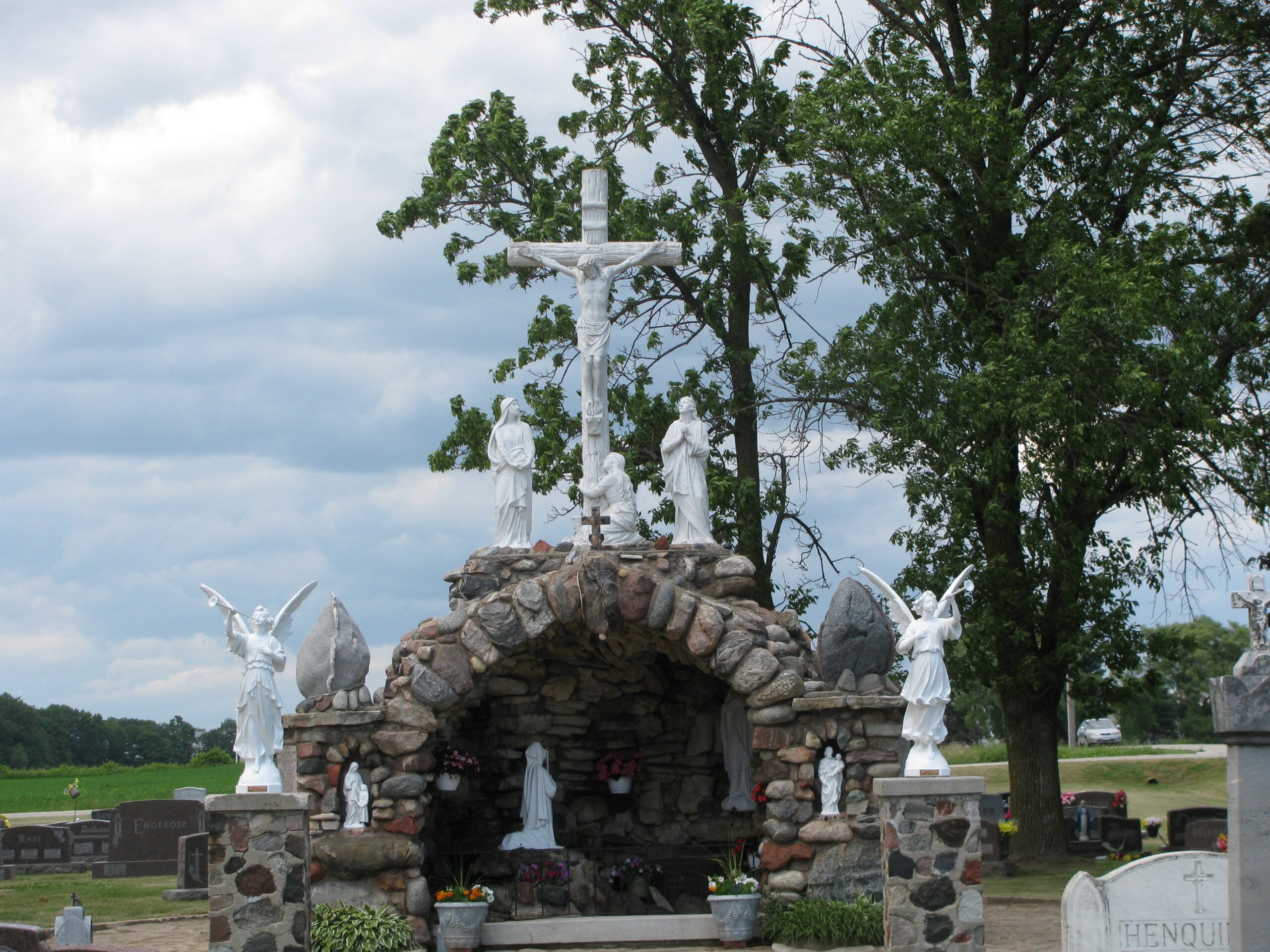
Sometimes, I’m annoyed with the internet, but when I have questions about almost anything, that’s my go-to source. Within 10 seconds, I was able to learn how many people existed. Did you know that since the dawn of Homo sapiens, more the 300,00 years ago, almost 117 billion people have inhabited the earth? This question came to mind as I contemplated the upcoming Easter Season and what’s involved in the Resurrection, not the resurrection of Jesus, but of all the good people who have died. I believe that most of those souls will be at the gate when St. Peter throws it open at the end of the world. After all, rumor has it that when Al Capone was on his deathbed, he repented for all the bad things he’d done and asked for God’s forgiveness.

While I was imagining 117 billion souls rising up from the dirt, I was reminded that my husband and I hadn’t purchased cemetery plots because we just figured we’d be cremated, save some money, and make it easy on our loved ones. Then I realized I didn’t know if the Catholic church approved of cremation. Back to the internet. Right away, I learned that the church does approve. Whew! Then, I read more and realized there were stipulations. I should have known; there are always stipulations. The Catholic church does not make things so easy. I could live to be 1,000 years old and still have unanswered questions about my religion.
This is what I’ve found out about Catholic cremation. In 1963, the Catholic church declared that cremation was acceptable—with strict restrictions. All cremated remains must be buried in a cemetery or entombed in a mausoleum. They cannot be kept at home or scattered in the wind. They cannot be combined with someone else’s ashes. Their ashes cannot be divided among their loved ones. Extra things cannot be burned with the ashes, like the person’s favorite mystery novel. If, for some reason, the ashes must be tossed in the ocean, the vessel in which they are placed must be seaworthy. And they must be buried very soon after being turned into ashes. I’m still searching for how soon is soon.
Anyway, so much for saving money, we will eventually have to buy a plot. Are there small one-foot-by-one-foot plots available? Can you buy one plot and stack the urns on top of one another or side by side? I haven’t yet found the answers, but I learned that you can lock in your price if you purchase a plot today.
And finally, Can a Catholic donate their organs? Answer: yes, as long as the rest of the body is available for a funeral. In fact, the Church views it as a profound act of love and kindness. Can a Catholic donate their entire body to science? Yes, again. If there’s anything left, it should be returned for a funeral. Stipulations: the keyword is donated. The organs cannot be sold. This still had me wondering, though. What if one of my kidneys goes to a person living in Apalachicola, Florida, and another goes to someone in Jackson Hole, Wyoming, and then my liver ends up in a body in Tuscon, Arizona? If the rest of my body was cremated, would those donated organs be shared by four people in Heaven, assuming we will all end up there?
When I think about the end of the world and Jesus raising 117 billion bodies and connecting them to their souls, I can now understand how scattering ashes or mixing them with someone else’s will make Jesus’s job more difficult. Not that he couldn’t handle it, but after all he’s done for us, we don’t have to complicate things.


